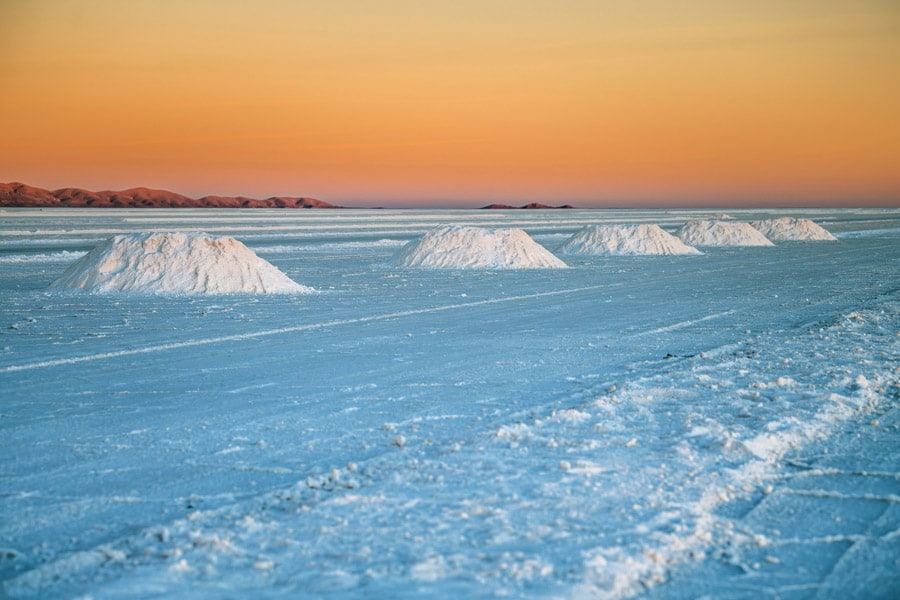
Green-Energy race draws an American underdog to Bolivia's lithium
With a quarter of the world's known lithium, Bolivia finds itself among the newly anointed winners in the global hunt for the raw materials needed to move the world away from oil, natural gas and coal in the fight against climate change
 Part of the vast area of salt flats at Salar de Uuyuni in Bolivia on Aug. 30, 2021. An American entrepreneur says he has a better way to extract lithium there. (Meridith Kohut/The New York Times)
Part of the vast area of salt flats at Salar de Uuyuni in Bolivia on Aug. 30, 2021. An American entrepreneur says he has a better way to extract lithium there. (Meridith Kohut/The New York Times)
SALAR DE UYUNI, Bolivia — The mission was quixotic for a small Texas energy startup: Beat out Chinese and Russian industrial giants in unlocking mineral riches that could one day power tens of millions of electric vehicles.
A team traveled from Austin to Bolivia in late August to meet with local and national leaders at a government lithium complex and convince them that the company, EnergyX, had a technology that would fulfill Bolivia’s potential to be a global green-energy power. On arriving, they found that the conference they had planned to attend was canceled and that security guards blocked the location.
Still, the real attraction was in plain sight: a giant chalky sea of brine high in the Andes called the Salar de Uyuni, which is rich in lithium, among several minerals with growing value worldwide because they are needed in batteries used in electric cars and on the power grid.
Surrounded by rusty equipment, empty production ponds and pumps uncoupled from pipes, it seemed a forlorn spot. But to Teague Egan, EnergyX’s chief executive, it had nothing but promise.
“This is the new Saudi Arabia,” he promised.
©2019 New York Times News Service







